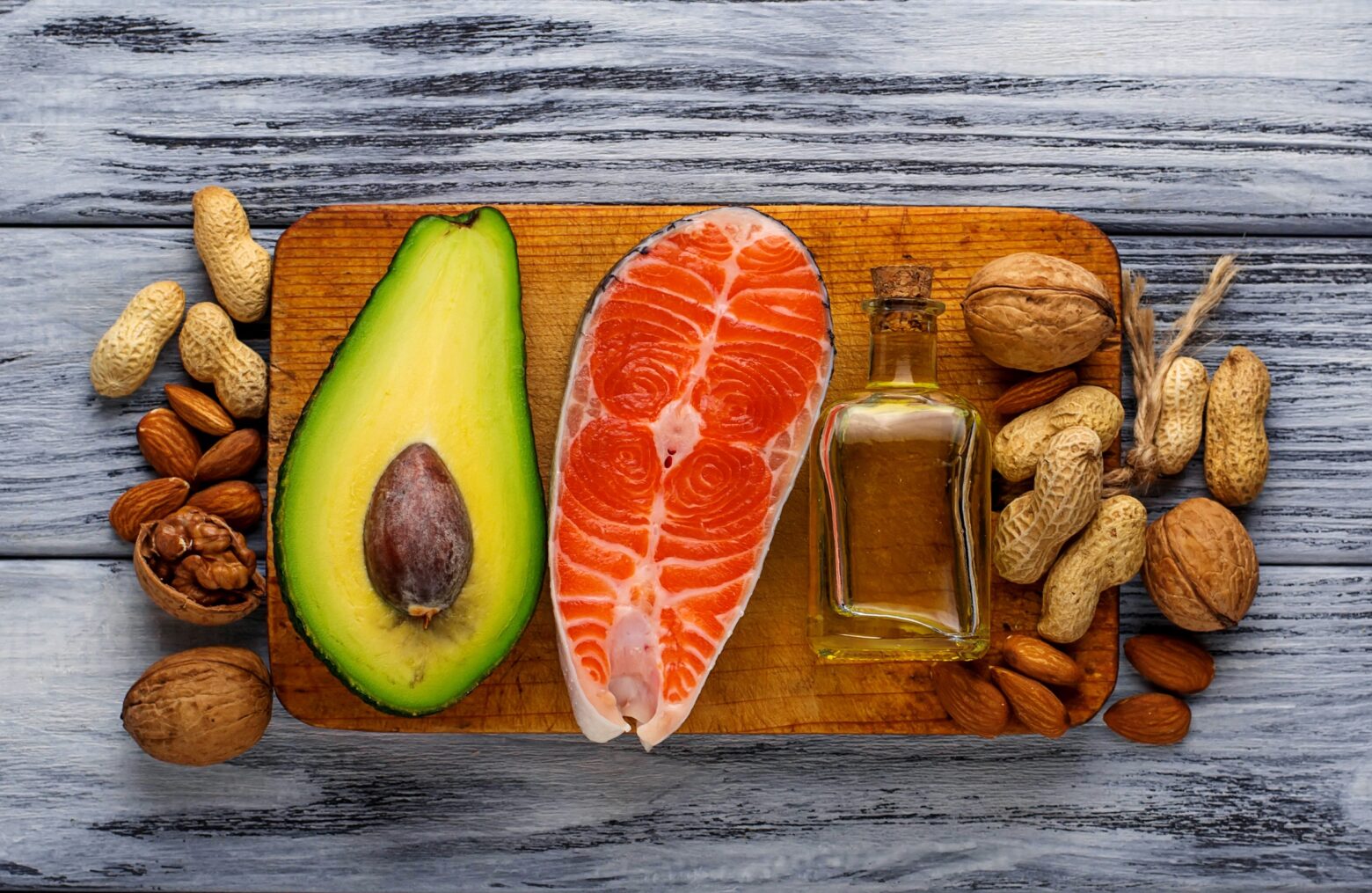Stanford Study Supports Eating Healthy Fats

When it comes to the best diet for weight-loss, a few facts are already well established. For instance, eating too much-saturated fat and trans fat can lead to clogged arteries and heart disease. Additionally, eating a diet high in refined carbs (sugars,) which can spike insulin in the body, should also be avoided.
But for years a debate has raged over whether a low-fat or a low-carbohydrate diet is better for health and weight-loss.
A new study set out to settle the debate once and for all.
Led by Christopher D. Gardner, director of nutrition studies at the Stanford Prevention Research Center, the research results were published in the Journal of the American Medical Association (JAMA) earlier this year.
So which diet was determined to be the best?
Neither, it turns out. Or, to put a positive spin on it, both are right.
Stanford Study Tackles Low-Fat vs. Low-Carb
The well-funded study involved over 600 people and took place over a 12-month period. Every participant was either overweight or obese, but otherwise healthy. Everyone attended nutrition classes, and all were instructed to minimize their intake of sugar, refined flours, and trans fats. All participants were also told to eat lots of vegetables and nutrient-rich foods. There were no instructions regarding calorie intake, but all were encouraged to develop good eating habits, such as cooking their own food and eating meals with family.
One group was told to restrict their fat intake and the other, their carbohydrates.
At the end of the 12 months, both groups had, on average, lost approximately the same amount of weight. Individuals had vastly different outcomes; one person lost 60 pounds while another gained 20, but overall a significant amount of weight was lost in total. The low-carb group lost an average of 13 pounds and the low-fat group lost 11.7 pounds. Both groups also reported improvements in waist size, body fat, blood sugar, and blood pressure levels.
Tracking the quantity of fat you consume in order to lower your cholesterol levels and decrease your risk of heart disease is not as effective as focusing on the quality of the fat you consume.
The case for nutrient-dense foods
While the study did not end the low-fat vs. low-carb debate once and for all, it did support the concept that what actually matters the most is the quality of the food you eat. Study participants were encouraged to eat more whole and nutrient-rich foods without regard to portion size or the number of calories.
While the study was targeted toward analyzing whether low-fat or low-carb diets were better, the study’s conclusion was in line with the principles of The Paleo Diet. One of the fundamental tenets of following a Paleo-based diet is to focus on the type of fat you consume. Tracking the quantity of fat you consume in order to lower your cholesterol levels and decrease your risk of heart disease is not as effective.
Another key principle of The Paleo Diet is that it focuses on nutrient-dense natural foods, rather than trying to adhere to macronutrient ratios. In other words, when following a Paleo Lifestyle, there is no need to keep to certain percentages of protein, fats, and carbohydrates in your diet. Instead, by eating nutrient-dense foods, you easily consume the nutrients you need while eliminating foods that are low in nutrient density.
How to eat healthful fats
The key is to avoid trans fats and reduce omega-6 polyunsaturated fats. Instead, consuming healthful monounsaturated and omega-3 fats will keep you in good cardiovascular health.
One of the benefits of eating enough fat is that it helps you feel satisfied after meals. Lean meat, seafood, and other animal products are excellent sources of healthy fat. The type of oil you use in cooking also matters. Here are some examples:
- Fish and seafood, especially salmon, sardines, and mackerel: polyunsaturated omega-3s
- Red meat, including beef, lamb, and pork: saturated and monounsaturated fats
- Poultry, including chicken and turkey: saturated and monounsaturated fats
- Eggs: mostly unsaturated and some saturated fat
- Coconut oil, coconut milk: saturated fat
- Olive oil: mostly monounsaturated fat
- Avocados: mostly monounsaturated fat
Which fats should you avoid?
A good rule of thumb is to try to limit omega-6 polyunsaturated fats. These can be found in many cooking oils, such as canola, corn, soybean, peanut, and most vegetable oils. Also, avoid margarine.
The bottom line is to aim to eat nutrient-dense, whole foods without over-focusing on your caloric intake within the guidelines of The Paleo Diet. Doing so will help you lose weight and reduce your risk of heart disease, cancer, and other illnesses.
Trevor Connor, M.S.
Dr. Loren Cordain’s final graduate student, Trevor Connor, M.S., brings more than a decade of nutrition and physiology expertise to spearhead the new Paleo Diet team.
More About The Author



